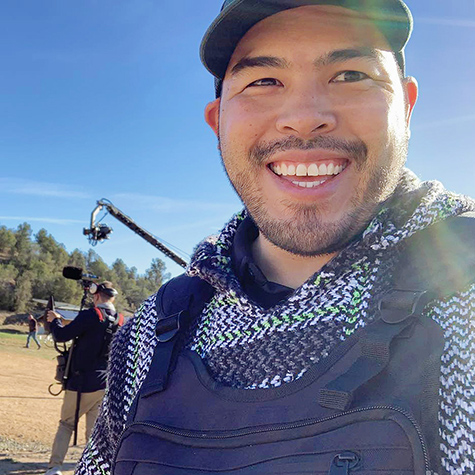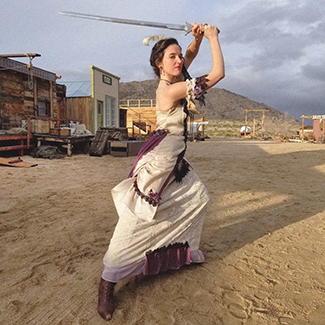I came across a good article about pain many African Americans experience. I read an article that really impacted me. Below I put the section that stuck with me the most.
I feel that what people need is to be seen and loved. They need to feel validated, like they matter. There’s still work to be done, but more than ever before marginalized people are being given a voice without fear of being seen as lazy or like they’re complaining.
Pain is pain is pain. Life can be painful, and I can’t truly understand what it’s like to be unable to express that pain because of my race.
So, please be heard… you can express your pain. It does wonders to get it out of you and onto paper or into words. The solutions on how to move forward will become clear to the people in pain and the people who want to help.
We all have a big mountain to climb. Or is it a daisy filled prairie?
Which one gives us more freedom?
Your thoughts?
Non-Black professors, teachers and educators: Your Black students are not OK. We are lonely because the power structures you benefit from make it so that people that look like us rarely have the opportunity to teach us. About 2% of associate professors in academic medicine are Black, and the expectation that all Black students will interact with these professors is a flawed one.
Even then it should not be the responsibility of these professors to mentor, support and educate every Black student at your institutions. That level of responsibility only heightens their potential for professional burnout and detracts from their opportunities to succeed. So that means it’s up to you, white professors, to do the work to create spaces for Black students to excel beyond asking them how they are doing as they tackle community trauma in isolation.
The first step to doing so is letting go of the false idea we live in a post-racial society. While it may benefit you to not see color, it only harms me. I want you to see my color. Because along with my melanated skin comes the reality of my unique struggles, the resilient stories of my ancestors and the strength of my community.
The colorblind approach can lead you to believe that one of your students could never be brutalized by a police officer or unjustly taken into custody. The truth is, despite the fact I wear a white coat with a Harvard Medical School ID, my fate is inextricably tied to the death of Breonna Taylor and countless other Black lives lost to racism. My body is not so different from the lynched Black bodies that flood televisions across the nation. It is only a matter of location and circumstances that separates our fates.
We need support, and we demand action from our institutions, but the first step is recognizing the entirety of our existence ― the merging of our dual realities as students and Black people.
Black students are not unicorns. We feel, and we hurt deeply as a result of the injustices we too frequently witness because they are connected to our families, experiences and communities. Educators must learn to accept our Blackness and see beyond the veil of our stature as scholars. We need support, and we demand action from our institutions, but the first step is recognizing the entirety of our existence ― the merging of our dual realities as students and Black people.
We need you to see us. We need you to see our Blackness. We need you to help us fight to protect it. We need you to see us beyond diversity and inclusion committees. We need you to watch the news. We need you to care about Black news. We need you to be just as outraged by disparate Black suffering as we are. We need you to cry with us. We need you to care about us.
“How are you doing?” isn’t enough. You should know I’m not OK, and you should do the work to make sure you aren’t contributing to the reason I’m not.
Anti-racism is the only way, and it’s time for you to do the work.
-LaShyra Nolen
https://www.huffpost.com/entry/black-medical-student-wants-white-professors-to-know_n_5ed91238c5b6e0feefc26315


